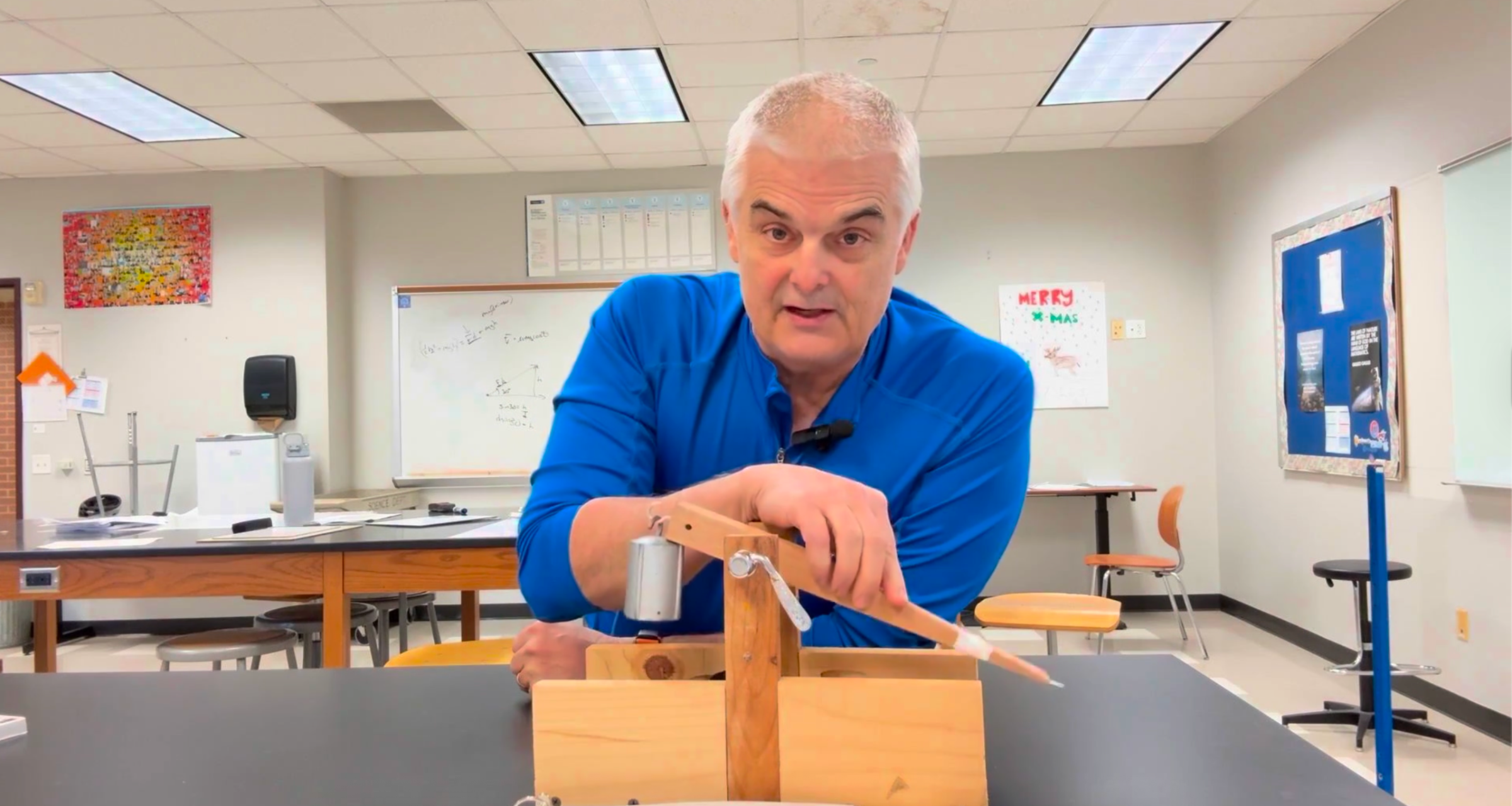39 Things I've Learned in my 39 Years in Education

39 Things I have Learned in my 39 Years in Education
Tomorrow starts year 39 in education. Who would have thought? I will greet new students to my new room tomorrow. As I contemplate meeting my students, I am in a reflective mood and below are 39 things I have learned in my 39 years. Do you have any more?
- Students know if you care - they can detect if you aren’t genuine in like 3 seconds
- Students today are so busy - probably a societal thing - respect their time and they will give you all they have.
- Laugh a lot - they are teenagers, and they are really funny or say funny things. Laugh with them, not at them.
- Though some may have a brusk exterior, they are all looking for adults who are on their side.
- Never lie to them! See #1
- Respect them, and they will respect you.
- Remember that they are a work in progress.
- Have a vision for what they are becoming instead of judging where they are at right now.
- Be willing to say, “I don’t know”
- Be quick to listen.
- Look them in the eyes.
- Celebrate their accomplishments. When my students pass our mastery tests (we call them boss battles), I ring a gong.
- Find ways to celebrate their accomplishments and successes however small they might be.
- Speak into their lives as if they are more accomplished than they actdually are at this point. This isn’t lying, it is casting a vision for who they will become. I can’t tell you how many kids I have said something like, “You are so good at math. Have you considered becoming an engineer.” And these aren’t the kids who are at the top of the class. And you’ve got it years later they find me and they are engineers.
- Expect a lot of them. They can handle it. The best way to increase their “self worth” is to give them hard things to do and get them to do them.
- Show them that focus is the new untapped leadership skill. Their phones are the enemy of focus.
- Make learning active!
- Let them retake tests for full credit. I believe our schools send the message that if you learn “fast” you are smart and if you learn slow you are “dumb.” That is not a true statement. I don’t care when they learn something, I care THAT they learn it.
- Get to know their outside-of-class stuff. At the beginning of the year, I have each kid make a “selfie” video where they tell me about themselves. I take notes, and then during class, I will ask them how the dance recital went or how the last rodeo went or whatever their “thing” is.
- Set up your room for collaboration, not for presentation. Everything you teach is on YouTube, and probably by a more engaging teacher than you. You are there to help them process the more difficult cognitive aspects of your curriculum. Time shift your direct instruction so that students can use you, the most important resource in your school, to help kids on the “hard stuff.”
- Greet them in the hall. Tell them you are looking forward to being with them.
- Greet them at the door. I like to have “High Five Fridays” (not my idea—it is my teacher daughter, Kaitie who taught this old guy a new trick). Greet them with a high five every Friday.
- Hold them accountable. You are not doing students any good if you don’t expect them to work hard. It is their brains that will be growing, not yours.
- Make cheating and academic integrity a big deal. Allowing students to take shortcuts is not doing them a service. I am fortunate that my school has very strict policies on academic integrity, and this has changed the class.
- Collect their phones/earbuds as they walk in the classroom. This generation is the most distracted in the history of the world. They need to focus.
- Make learning active. Passive learning doesn’t work. This is abundantly clear in the research.
- Learn from the Newbies. Be willing to learn from a brand-new teacher. They often have the best ideas.
- Learn from the Veterans. Too often, some of the young teachers dismiss the older teachers. They have a wealth of knowledge about schools, the content, and so much more.
- Smile
- Never say bad things about students to other teachers. Toxic -don’t be toxic.
- Don’t hang out with the negative teachers who belittle students and other staff. That never ends well for anyone.
- Always ask - What is the best thing for my students? - And do that! Even if it is outside the box.
- Take risks. You know your students best, and you understand your school context. What risk do you need to take to help your kids learn better—or be better?
- Think outside the box. You are living it day to day. What new thing can/should you do to really impact your students?
- Don’t blame students for not learning. If they are not learning, I need to ask how I can help them along their learning journey. The old adage, “I taught them and they didn’t learn it” needs to change to “They didn’t learn it, how do reach them?
- Find your people. You need other teachers and staff members on your side. Collaborate, co-create, ideate, dream, then do together.
- Meet students where they are. I have found that parking myself in the school commons on some days instead of my classroom allows me to help the students with hard stuff. This is especially true of those students who are reluctant to come in for help.
- Find a way to say goodbye. During the 2020 school year, when my students went remote and I never saw them again, I decided to make a video for each student where I shared my experiences with each of them. It was really a vision casting of their lives. That was so wildly successful that I have done it every year. Students and their parents have been in tears. They are noticed. They are seen. They get a bigger picture of who they are becoming. :
- Many in this world will say bad things about this upcoming generation, but I am optimistic. I get the privilege of working with passionate, interested, and thoughtful young people. They face more challenges than many previous generations, but overall, I count it a privilege that I get to be a small part of their formative years.
Do you have other things you have learned as a teacher? I would love to hear them.
Jon's created several courses that will help you in the age of AI. Each short course will help you become a better teacher.

